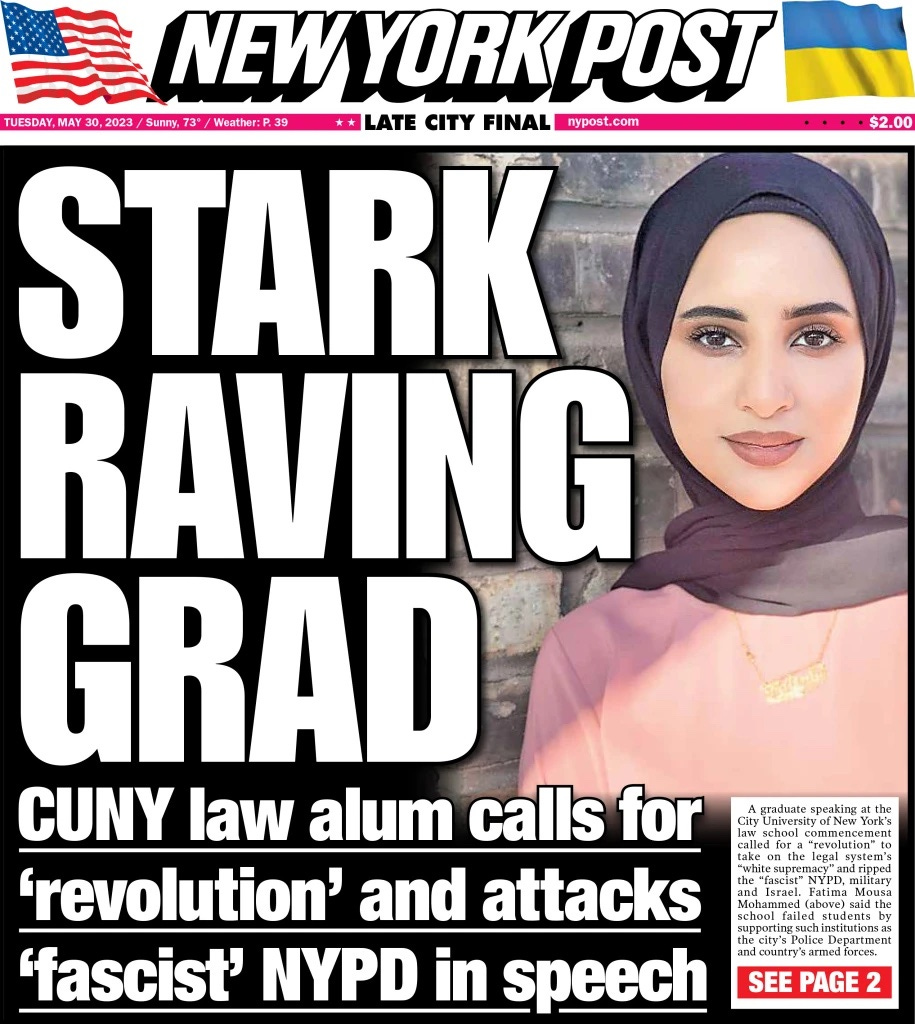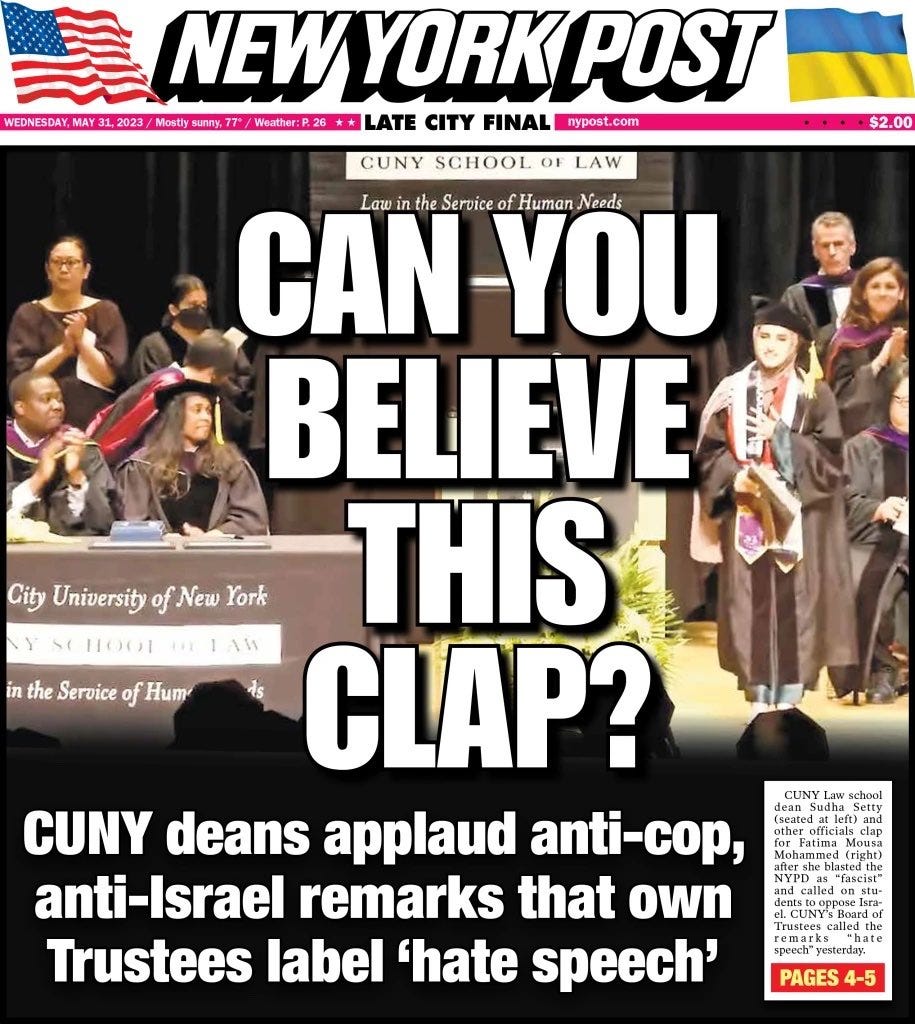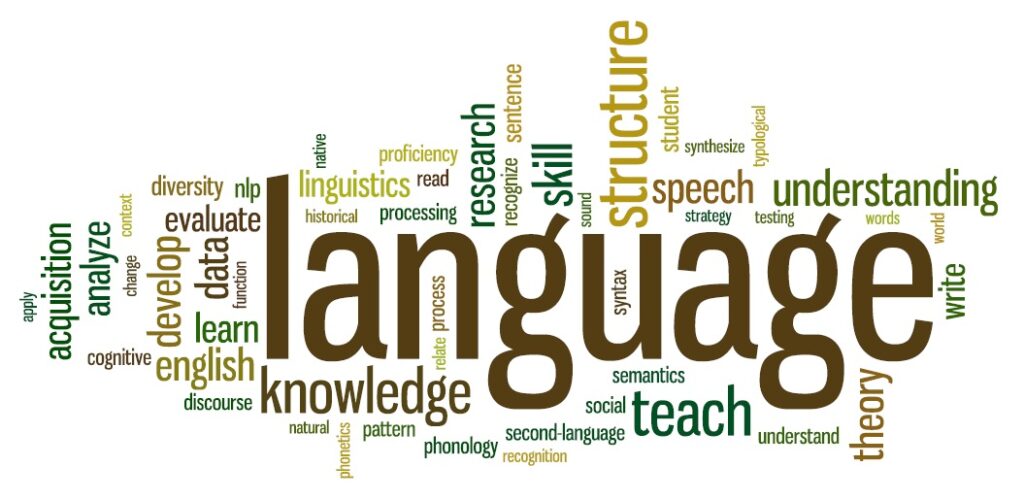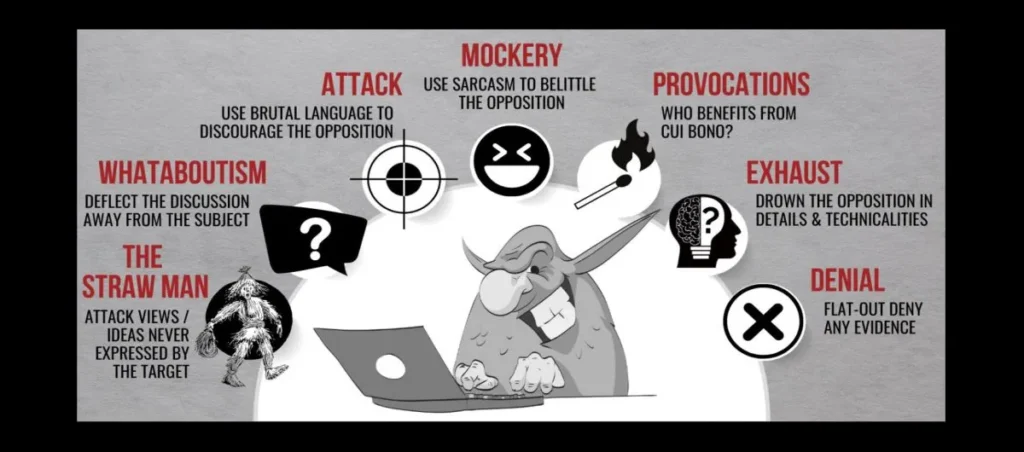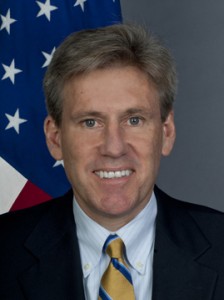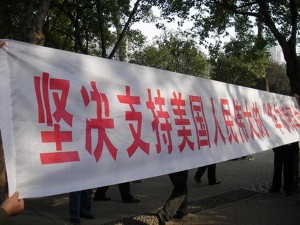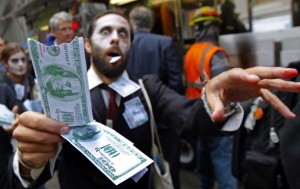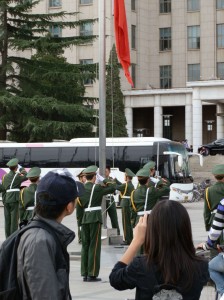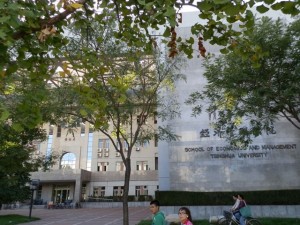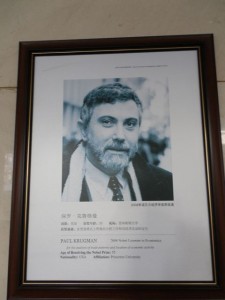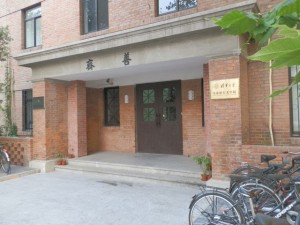HIGHER EDUCATION
When state secrets land in the hands of university librarians
By Joseph Weber
February 10, 2023 at 6:00 a.m. EST
When archivists at Bates College combed through a trove of documents given to them by Sen. Edmund S. Muskie, a former secretary of state and Bates alumnus, they turned up 98 classified documents that he’d been keeping in his personal files. Some were sensitive papers involving the Iran-contra affair of the 1980s. Some carried information that should never have left secure hands.
For people who work with classified documents, including university archivists, these discoveries weren’t unusual. The handling of such papers by onetime officeholders is often sloppy, as the cases of former president Donald Trump, former vice president Mike Pence and President Biden have all shown in recent months. And when officials leave government and donate their papers to be kept in special collections at university archives, they can pose problems for the archivists who find themselves holding state secrets.
Government officials have wrestled with this problem for years. The Information Security Oversight Office (ISOO) of the U.S. National Archives and Records Administration (NARA) has well-honed procedures for when university archivists, researchers or others in the public alert them to questionable papers.
Over the past 15 years, the agency has reviewed sensitive papers that turned up in donations to the libraries at the University of Mississippi, Stanford University, the University of South Carolina, the University of Pittsburgh, New York University, the University of Oklahoma, Brandeis University and Yale, to name a few, according to ISOO Director Mark A. Bradley.
The Muskie finds, for instance, triggered a review by government officials from 2007 to 2013, which concluded with the declassification, and release to Bates, of all but one of the documents in full and two-dozen in part, Bradley said. (The reviews are often lengthy, making archival work harder and depriving the public of historic records for extended periods.) The materials withheld were deemed too sensitive even now for researchers or the public to see without special security clearances. They were taken by NARA to its secure facility in College Park, Md.
University libraries are among the many repositories nationwide — private and public — that house the papers of top-level public servants. Officials often gave these records to their alma maters. Biden, for instance, donated his senatorial papers to the University of Delaware, where public access to this day remains closed until the collection can be fully vetted by the university archivists — a process that can take years.
Sometimes the papers bear legends such as “top secret” because exposing them may endanger national security. “Some government officials and contractors don’t quite understand the difference between private papers and papers they generated in the scope of their employment by the U.S.,” said Bradley, a former CIA officer who has directed the ISOO since 2016.
Often, he said, the papers of former officeholders are boxed up in haste, by interns or other staffers, to be sent home with the officials once they leave office. Some retirees hire professional archivists to weed out sensitive materials. But others — especially those with short tenures in Washington — may keep such papers as souvenirs or simply ship the whole cache to a university library. Still others keep the documents until their families or estates share them with libraries, perhaps as a posthumous bequest.
When the archivists get the papers, which can fill hundreds of boxes, they begin the laborious process of cataloguing them. That’s when the sensitive documents tend to turn up. Archivists are supposed to request an ISOO review of the papers.
After the University of Mississippi got hold of 1,040 boxes of the papers of former senator James O. Eastland, for instance, an archivist turned up three documents marked “top secret” and, in 2009, got in touch with ISOO. An FBI agent was dispatched to collect the papers.
Eastland, a dedicated Communist hunter who chaired the Senate Judiciary Committee for decades (and a 1950s subcommittee that investigated Communist activity), was close to FBI Director J. Edgar Hoover. He and Hoover long swapped intelligence, according to a 2012 book, “Enemies: A History of the FBI.” Eastland retired in 1978.
In many cases, archivists take years to review donated materials. In the Bates College case with Muskie’s papers, questionable documents turned up in a couple batches between 2007 and 2010, according to Bradley. ISOO officials declassified 39 of the Muskie documents quickly and returned them to the college. Then they declassified another 34 in full after a review by a panel that included officials from the departments of State, Justice and Defense, the National Security Council and the National Security Agency, he said. Parts of 24 documents were held back as security risks. One was ruled still classified in full.
Determining what is classified and what is not can be tricky. Some documents marked “confidential” or even “secret” may not be officially classified, but they bear such labels because the authors didn’t want the materials widely distributed, according to William Carpenter, an ISOO senior program analyst.
The papers of the former secretary of agriculture Clayton Yeutter at the University of Nebraska-Lincoln, for instance, include a 1991 note marked “eyes only” from President George H.W. Bush (a former director of the CIA familiar with security agency jargon), but it dealt with his possible reelection plans, not state secrets, and so would not be considered “classified,” Carpenter said.
On the other hand, some documents not marked “classified” may nevertheless contain secrets, he said. A staffer composing a document, for instance, might inadvertently share confidential material but not classify the paper. Generally, documents with such sensitive information are marked with a block on the first page that includes the name of the person classifying it and the reason for classification (sometimes using codes).
A few former officeholders shared their papers, but the government insisted on holding the originals, so universities got copies. Former secretary of state John F. Dulles wanted his papers kept at his alma mater, Princeton, but NARA officials permitted only microfilm copies of some still-secret documents to be kept by the university — in a secure location.
They are “locked up and unavailable,” except to researchers who go through a prolonged government process of obtaining security clearances and then agree to submit documents for declassification, said Princeton archivist Daniel Linke. That way, he said, “no one is going to get to [the microfilm copies] accidentally. And someone who might not have permission is not going to get to them either because of a range of physical and electronic barriers.”
At least one school, Yale, asks officials who want their papers kept there to scrub them for classified materials first. “Very rarely — a handful of times in the past 40 years — we have encountered classified materials while either preparing a collection for research use or using it to answer a reference inquiry,” Yale University Library Director of Communications Patricia Carey said in an email. “We have procedures in place to immediately secure and restrict access to these documents and to submit them to the National Archives for declassification.”
But some schools that have turned up secret material recently are paying attention more closely now. Baylor University archivist Mary Goolsby, who chairs the Congressional Papers Section Steering Committee of the Society of American Archivists, pointed to such a case involving the papers of the late Rep. William R. Poage, who served in the House from 1937 to 1978.
“We found some classified documents in the papers of W.R. Poage last summer,” Goolsby said in an email. “I contacted NARA and they told me where to send them.” The Baylor archivists have been reprocessing all their congressional collections to put them into what librarians call a “finding aid” database, which is available to the public online. While the Trump-Biden-Pence discoveries haven’t triggered a review of already-archived material, they are scrutinizing the papers for classified markings in that process, Goolsby said.
Baylor’s inquiry was one of seven from institutional sources that ISOO received last year. It got another three from individuals. ISOO resolved six of the matters by phone, including through declassifications. ISOO reviewed a couple more and declassified those documents, and it kept a couple documents for review by concerned agencies.
One reason this system is problematic, according to Bradley and outside experts, is because the classification system itself needs fixing. Bradley wrote in his 2021 annual report to President Biden that an exemption-riddled automatic declassification system isn’t working. It is, he wrote, “unable to meet the requirements for existing paper records and will never keep up with the tsunami of digital CNSI [classified national security information] being created daily, making it likely that most of it will never be reviewed for declassification.”
Matthew J. Connelly, a professor of history at Columbia and the author of “The Declassification Engine,” argued that “overclassification is the real scandal,” suggesting that risk-averse officials too often keep records from public view. “That and former officials treating public records as their personal property,” he said in an email.
Similarly, Rutgers historian David Greenberg rued in an email that “so much mundane material is classified in the first place.” “If there are classified materials sitting in the collections of various political figures in university archives around the country, so be it. Let the chips fall where they may. We’re not going to imperil anyone or anything because they’re there.”
For university archivists, however, the chips can fall badly, complicating their work and lives.
